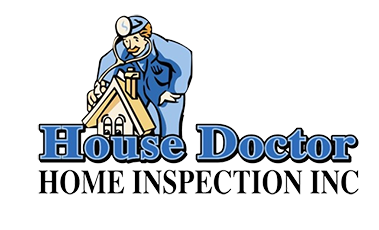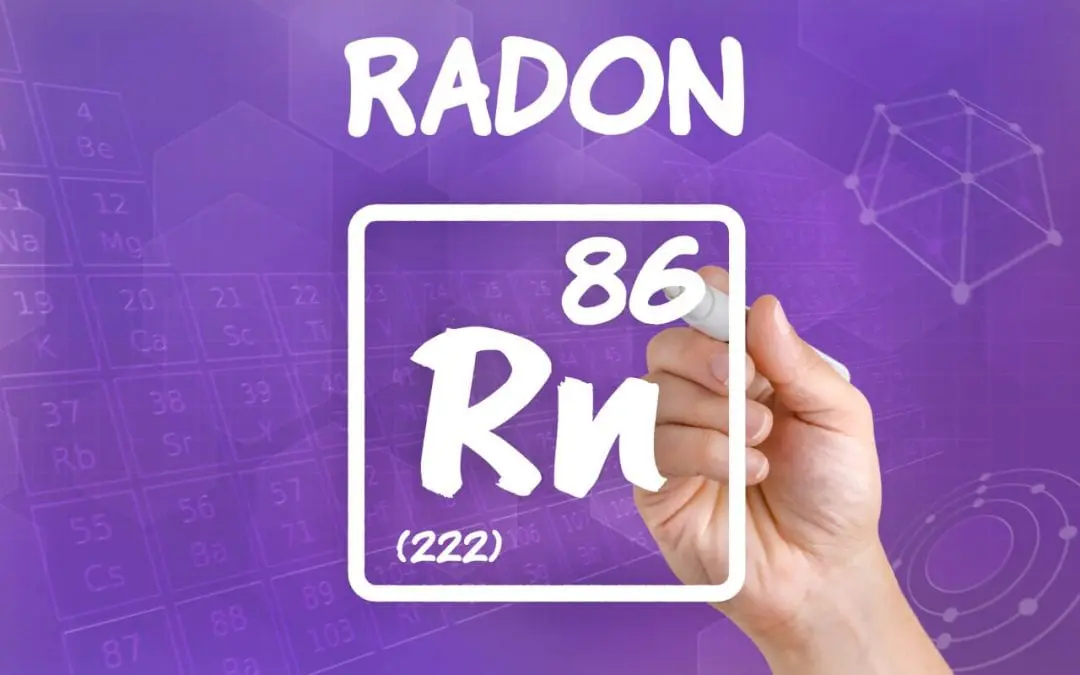Facts About Radon Gas
- It’s been estimated by the Surgeon General’s office that radon gas is responsible for over 20,000 lung cancer deaths every year.
- The EPA says that one in fifteen houses have dangerous radon levels.
- Lung cancer cases due to radon exposure cost $2 billion in health costs every year in the US.
What is Radon?
Radon is a natural by-product of the breakdown of uranium in soil. Because radon is colorless and odorless, there is no way to know the levels in your home without a test. Children may be more sensitive to radon exposure because their respiration rate is higher than adults, but the gas can affect anyone.
Exposure to Radon
The two ways that you might become exposed to radon are ingestion and inhalation. Radon gas seeps up through the earth and typically enters your home through cracks in the walls and foundation. High concentrations of radon in groundwater can cause exposure through ingestion, which can harm the internal organs. However, it’s more common to be exposed to high levels by breathing in the gas as it builds up indoors.
Testing for Radon in the Home
Many hardware stores stock at-home radon testing kits. Although radon test kits are available, hire a professional for more accurate results. A trained professional knows how to conduct and interpret the test, and uses superior testing equipment than a DIY kit.
Lowering Radon Levels in Your Home
If the test reveals dangerous radon levels, there will be necessary steps to take to reduce your exposure. A mitigation professional will install a system that vents the gas out of your home. During mitigation, the contractor will also seal foundation and wall cracks and spaces around pipes. Choose a qualified radon remediation expert so you know everything is done correctly.
House Doctor Home Inspection offers home inspection services, including radon testing and water testing, to Rhode Island. Contact us to request an appointment.

